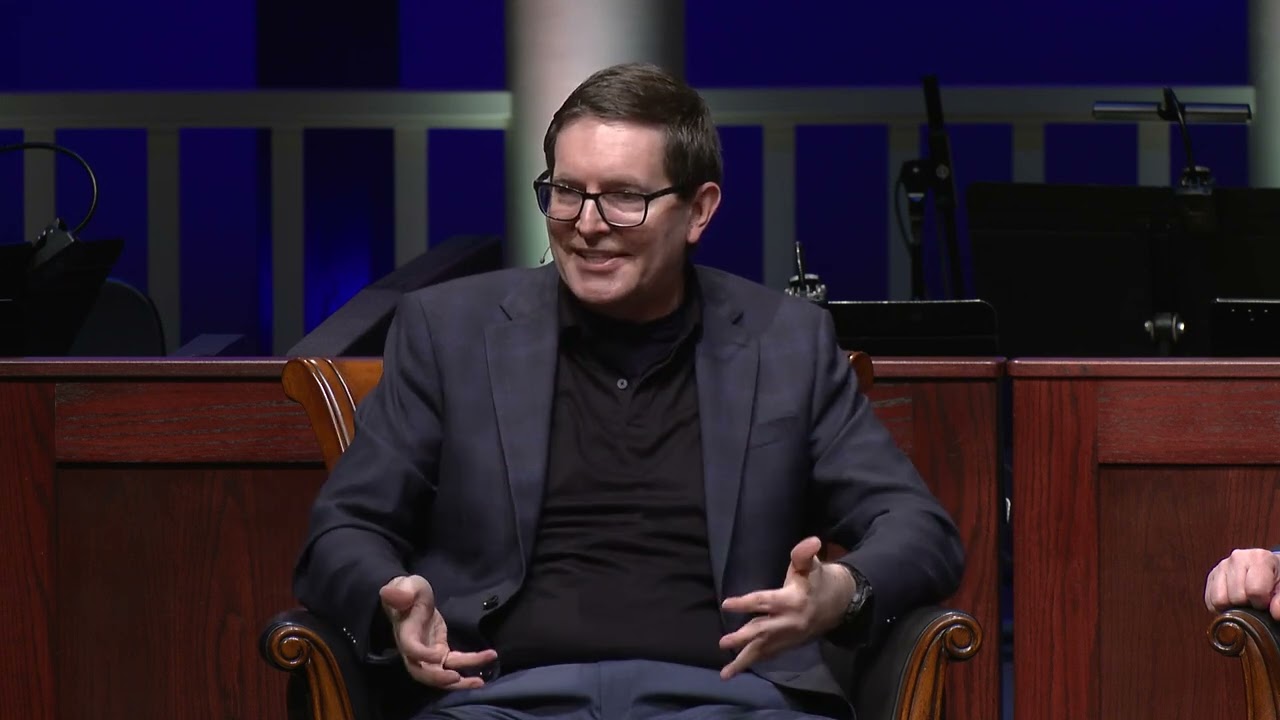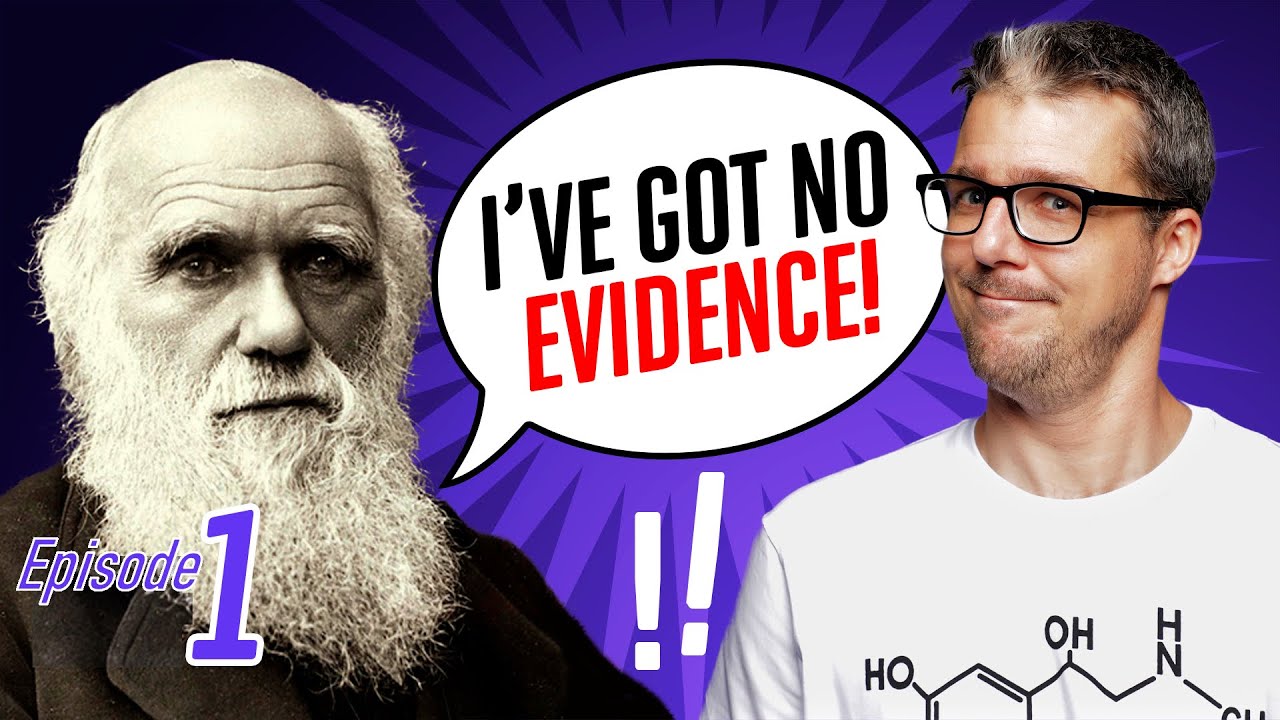
A Theory of Biological Design
Engineer Steve Laufmann discusses a theory of biological design. Laufmann is co-author of the book Your Designed Body.

Engineer Steve Laufmann discusses a theory of biological design. Laufmann is co-author of the book Your Designed Body.

Babak Parviz, Vice President at Amazon, leads a discussion on synthetic biology, the multi-disciplinary field that applies engineering principles to redesign biological systems for new purposes. The panel focuses on bio-medical technologies that hold great promise for curing diseases and even counteracting human aging.






Click here for a reproducible PDF of this article.PDF En Español Intelligent design — often called “ID” — is a scientific theory that holds that the emergence of some features of the universe and living things is best explained by an intelligent cause rather than an undirected process such as natural selection. ID theorists argue that design can be inferred Read More ›
The myth of junk DNA continues to unravel. Almost daily (sometimes twice daily) new peer-reviewed articles are appearing in the scientific literature pointing out the functions of previously believed to be “non-functioning” or junk DNA. CSC’s Research Coordinator Casey Luskin says: “When we look for function, we find it, and when we don’t look for function, someone else finds it.” Read his report at Evolution News & Views.
Intelligent design theory expects that we should find deeper and deeper layers of function in biology, which by the same token represents a big problem for Darwinian evolution. In the past we’ve noted papers finding function for synonymous codons (for example, see here and here) — but the functions reported in those papers generally pertained to controlling translation speed. Now a paper in the journal Cell has found a new potential function, namely that synonymous codons can control the rate at which mRNA transcripts degrade and are broken down within cells. Casey Luskin reports at Evolution News & Views.